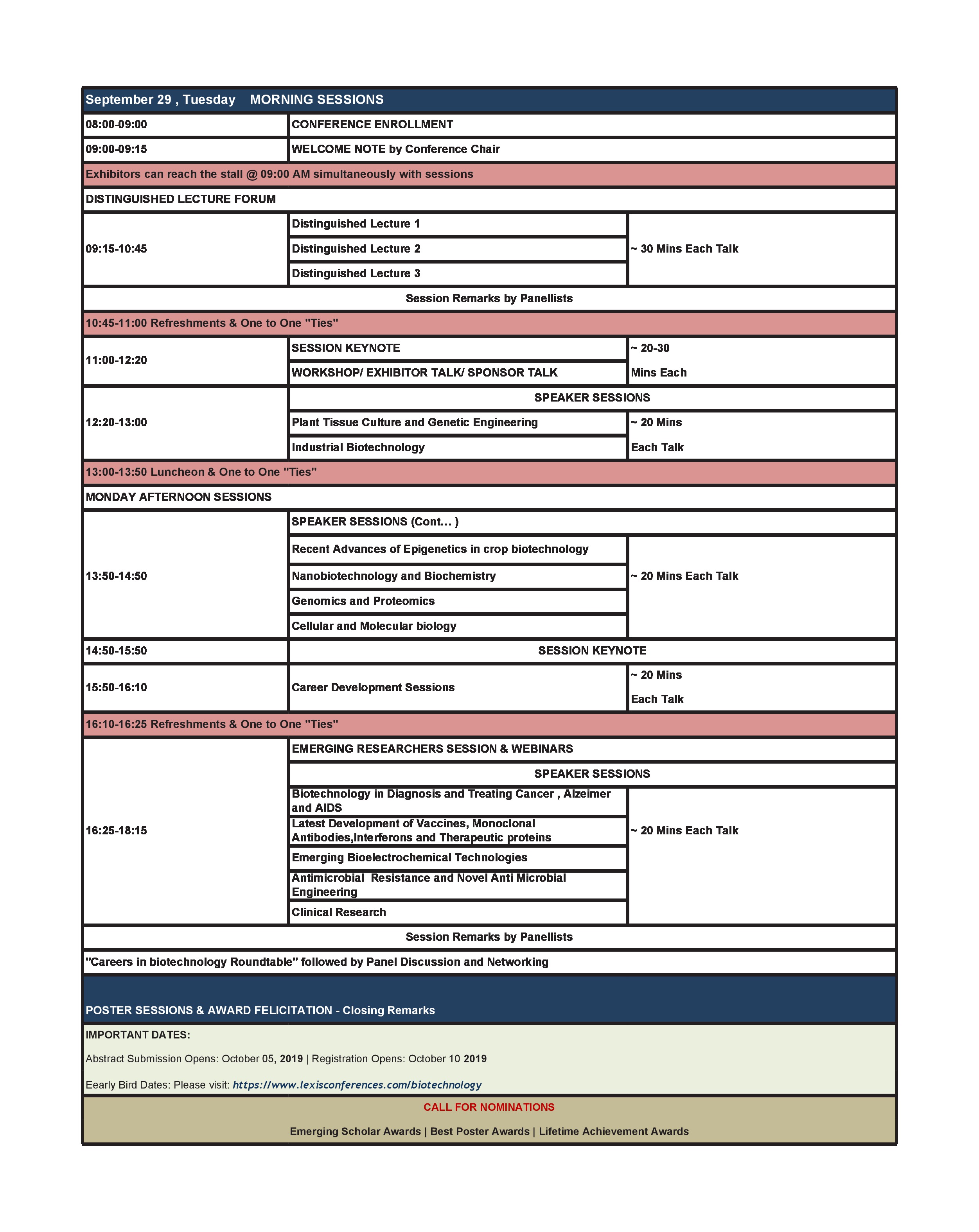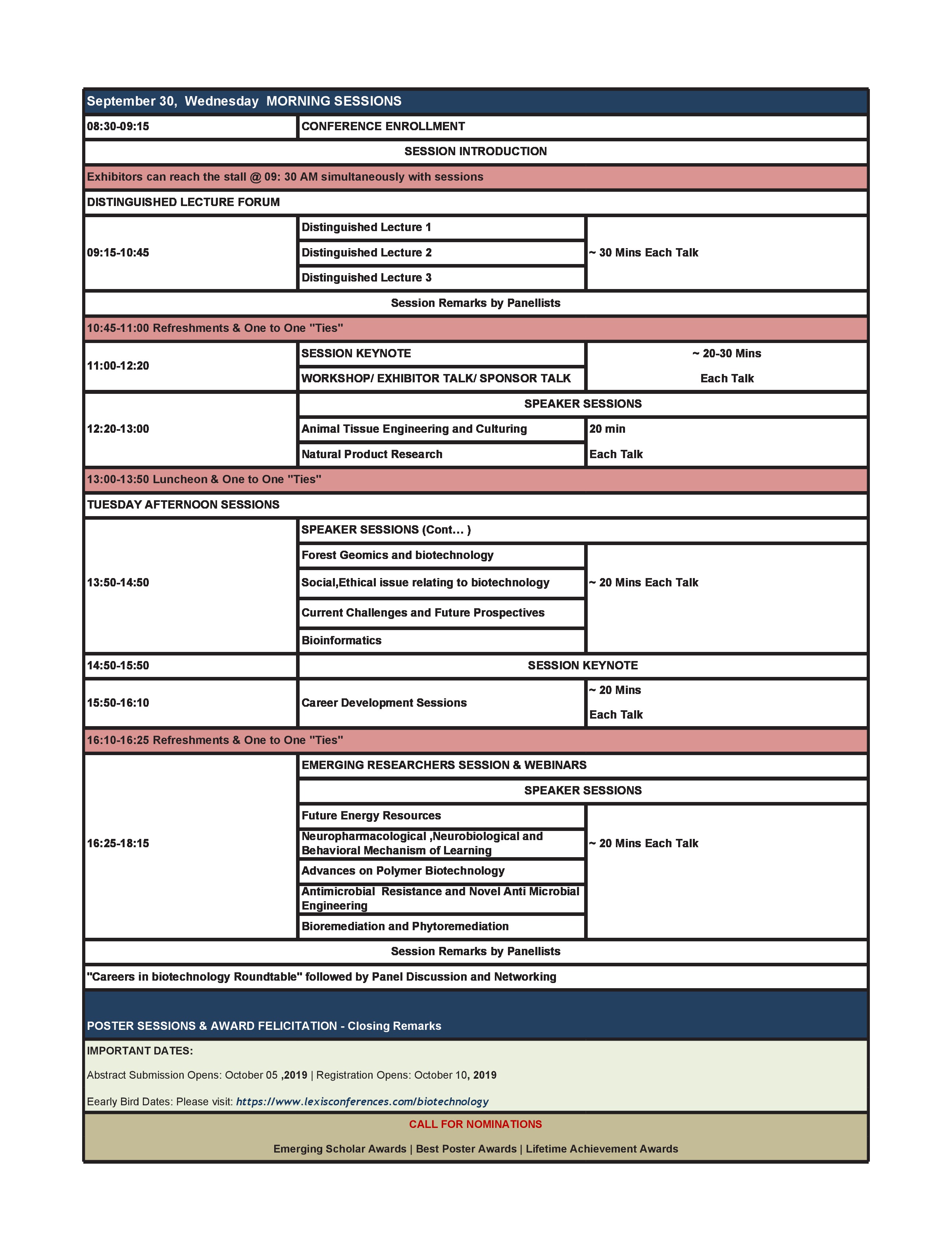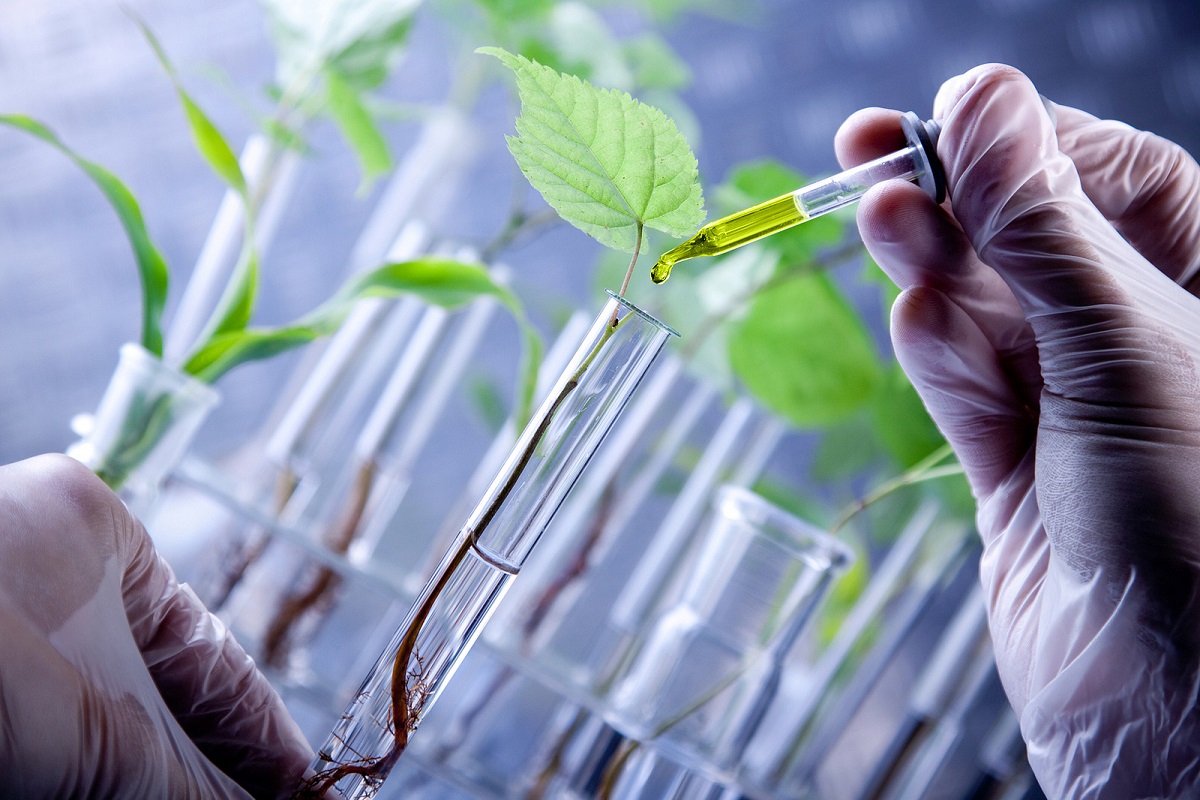
INTERNATIONAL CONGRESS ON BIOTECHNOLOGY 2020
Advancement and Trends in Biotechnology
Sep 29-30, 2020
|
Tokyo, Japan
Biotechnology 2020 on 29-30 September in Tokyo, Japan
The Congress on Biotechnology 2020 on theme “Advancement and Trends in biotechnology" is going to be held on 29-30 September in Tokyo, Japan. It provides an international platform for the interaction among specialists, directors, professors, medical, , miscellaneous faculties, experts, scientists, reputed research institutes, universities ,industries in accelerating the scientific discoveries in the field of biotechnology.
OBJECTIVE
The objective of the conference is to connect researchers, inspired scientists, students, and industrialists to share their ideas and views in nurturing the biology with technology for healing, fueling and feeding the world and discussing the latest information on pipeline innovation for breakthrough therapeutic topics in biotechnology.
ABOUT CONFERENCE
LexisConferences is delighted to welcome you to INTERNATIONAL CONGRESS ON BIOTECHNOLOGY which is to going to be held in Tokyo, Japan on Sep 29-30 , 2020. We aim to make scientific expertise easily accessible to recent reaearch and advancements in the relevant field.. The impending conference will be systematized around the theme “ Advancement and Trends in Biotechnology " .
The conference will address current techniques and discoveries, identifies key challenges and proposes effective solutions in therapeutics, diagnostics, genetic engineering, environment cleaning , food processing and safety and energy production. The programme composed of keynote lectures, oral and poster presentations, workshops and interactive sessions which uplifts research and knowledge in biotechnology and Create opportunities for further advancement in the field.
INTRODUCTION
Environmental Biotechnology addresses environmental problems. It aims to the best use of nature, within the style of plants, animals, bacteria, fungi to supply renewable energy, food and nutrients in an exceedingly synergistic integrated cycle of profit creating methods wherever the waste of every process becomes the feedstock for one more process.
Medical Biotechnology : Biotechnology is relatively a new field with great potential in revolutionizing the diagnosis and treatment of diseases . Their developments promise to result in more effective, individualized healthcare and advances in preventive medicine worldwide.
Industrial Biotechnology : Uses biological resources for industrial processes.The key drivers of this industry are (1) convergence of biology and engineering; (2) challenges for society in addressing global grand challenges related to energy, climate change, the environment, agriculture and food, and health; (3) competitiveness; (4) human capital and capacity; (5) the confluence of new enabling tools, platforms, data, and processes competitiveness; and (6) the Present state and readiness of both the science and industry.
HIGHLIGHTS
-
Animal Biotechnology and Cell Culture
-
Biochemistry, Cell and Molecular biology
-
Bioinformatics and Biosensor
-
Biotechnology in Agriculture
-
Biotechnology in Food Security
-
Biotechnology in Health Care
-
Cancer and Genomics Research
-
Current Scenario of Biotechnology
-
Food and Bioprocess Technology
-
Genetic Engineering and rDNA Technology
-
Immunology and Stem Cell Therapy
-
Industrial Biotechnology
-
Marine Biotechnology and Renewable Energy technology
-
Medical & Pharmaceutical Biotechnology
-
Microbiology and Microbial World
-
Nanobiotechnology
-
Petroleum and Environmental Biotechnology
-
Tissue Engineering & Regenerative Medicine
-
Advancement of Biotechnology
-
Future Uses of Biotechnology
- Students
- Research Scholars
- Scientists
- Young Researchers
- Biotechnology Industries
- Biotech Food Industry
- Agro industry
- Digital medicine and therapeutic companies
- Pharma, biotech, and tech companies
- Health care industries
- Venture capital, private equity, and institutional investors
- Buy and sell-side analysts
- Biotechnology researchers
BENEFITS OF ATTENDING
- Easy access to improve research and innovation.
- Access to the Leading International Pharmaceutical, Biotech, Industrial and Biochemical Companies
- Provides an opportunity to representatives from Universities and Institutes to cooperate with the world class researchers and an outstanding opportunity for businesses keen at expanding their global market reach.
- Access to novel techniques and instruments in the market.
- Chance to meet with experts in the relevant field.
- Identify Trends and Debate about their Impact on this Market .
- Know about industry challenges and innovative solutions .
WHY INVESTORS ATTEND ?
- Hear from and meet with management from the top biotechnology companies.
- Evaluate investment opportunities and know about competitive companies.
- Attend discussions panel with leading clinical experts and company experts on the latest therapies and technologies .
- Get a overview of the industry and the issues affecting investments now and in the future.
Details of BIOTECHNOLOGY CONFERENCE 2020 in japan
LexisConferencesConferences.com is organizing International Biotechnology conference in 2020 in Japan.
Conference Name |
Place |
Date |
BIOtechnology 2020 |
TOKYO, JAPAN |
september 29-30, 2020 |
WORKSHOP/ INTERACTIVE SESSIONS
Workshop sessions involve extensive interaction between presenters and participants around an idea or handful experience of a practice.
ABOUT CITY
Tokyo, or officially Tokyo Metropolis, is the largest city and the capital city of Japan, an island country in East Asia. Tokyo's original name was Edo, meaning 'estuary' but was changed to Tokyo in 1868 when it became the capital city of Japan. There are more than 100 colleges and universities in Tokyo. The main religions in Tokyo are Christianity, Buddhism, and Shinto. The main language and official language of Tokyo is Japanese. Tokyo is set to host the 2020 Olympics. Tokyo is famous for having capsule hotels, which consist of a room no larger than a refrigerator. Tokyo's Shinjuku Station is the busiest rail station in the world, with approximately 3.64 million passengers passing through each day. On the western outskirts of Tokyo is a Takao-San, a mountain with a beer garden and shop at its summit. 2.6 million People visit Takao-San each year, making it the world's most popular mountain. In the Golden Gai district there are 257 bars. The restaurant Komagata Dozeu is Tokyo's oldest. However Tokyo is home to many museums, which house artifacts of the city throughout its history.Tokyo, or officially Tokyo Metropolis, is the largest city and the capital city of Japan, an island country in East Asia.
Tokyo's original name was Edo, meaning 'estuary' but was changed to Tokyo in 1868 when it became the capital city of Japan. There are more than 100 colleges and universities in Tokyo. The main religions in Tokyo are Christianity, Buddhism, and Shinto. The main language and official language of Tokyo is Japanese. Tokyo is set to host the 2020 Olympics. Tokyo is famous for having capsule hotels, which consist of a room no larger than a refrigerator. Tokyo's Shinjuku Station is the busiest rail station in the world, with approximately 3.64 million passengers passing through each day. On the western outskirts of Tokyo is a Takao-San, a mountain with a beer garden and shop at its summit. 2.6 million People visit Takao-San each year, making it the world's most popular mountain.
Call for Submissions
Abstracts will be reviewed by the Abstract Review Board (ARB) of the conference
- Animal Biotechnology and Cell Culture
- Biochemistry, Cell and Molecular Biology
- Bioinformatics and Biosensor
- Biotechnology in Agriculture
- Biotechnology in Food Security
- Biotechnology in Health Care
- Cancer and Genomics Research
- Current Scenario of Biotechnology
- Food and Bio-process Technology
- Immunology and Stem Cell Therapy
- Industrial Biotechnology
- Natural Product Research
- Marine Biotechnology and Renewable Energy technology
- Medical Pharmaceutical Biotechnology
- Microbiology and Microbial World
- Nanobiotechnology
- Petroleum and Environmental Biotechnology
- Tissue Engineering Regenerative Medicine
- Advancement of Biotechnology
- Future Uses of Biotechnology
- Phytoremediation and Bioremediation
- Bioinformatics
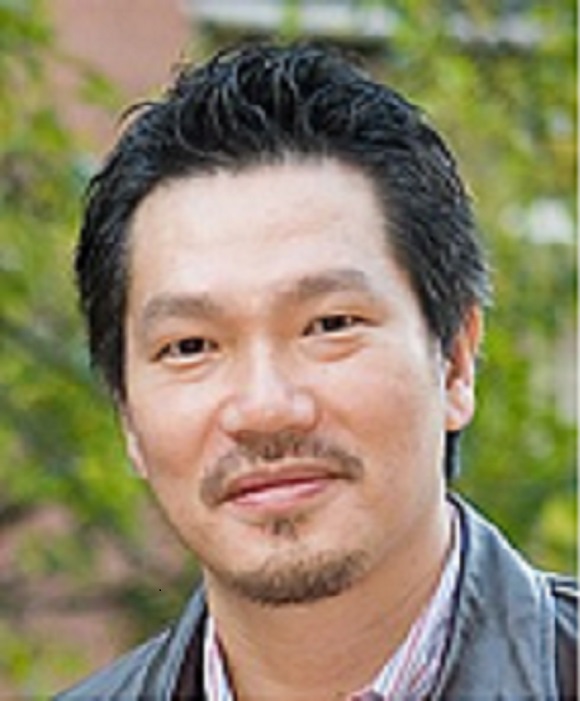
Biography
Professor, Chair of Endocrinology, School of Biological Sciences
Associate Dean, Development and External Relations (local), Faculty of Science, University of Hong Kong
- 2017 Alumni Builder Award, University of British Columbia
- 2010 Research Output Prize, The University of Hong Kong.
- 2007 Akira Arimura Young Investigator Award: By the international VIP/PACAP society. In memory of Prof Arimura who founded this research area, I was awarded the first Akira Arimura young investigator award in 2007 in recognition of my contributions in understanding the pleiotropic activities of secretin in our body.
- 2005 Grace Pickford Medal: By the International Federation of Comparative Endocrine Societies (IFCE). This is the most prestigious award for comparative endocrinologists, given out once every 4 years in the international comparative endocrinology meeting. I am the first scientist from Hong Kong receiving this honor.
- Outstanding Researcher Award, By The University of Hong Kong.
- 2004 Croucher Senior Research Fellow by Croucher Foundation.
- 1995 Travel award for a young scientists, International congress Neuroscience.
- 1992 Medical Research Council, Canada, Postdoctoral Fellowship. Highly competitive as there were only 30 of these postdoctoral fellows given out in 1992 in Canada.
- 1986-91 Medical Research Council, Canada, Studentship.
- 1989 Special travel fund for young scientists (International Society on Thrombosis and Haemostasis).
- 1986 NSERC Summer Studentship, Canada.
- 1983-85 University of BC Scholarship, UBC.
- 1983-84 Quan Memorial Scholarship, UBC.
- 2017 Alumni Builder Award, University of British Columbia
- 2010 Research Output Prize, The University of Hong Kong.
- 2007 Akira Arimura Young Investigator Award: By the international VIP/PACAP society. In memory of Prof Arimura who founded this research area, I was awarded the first Akira Arimura young investigator award in 2007 in recognition of my contributions in understanding the pleiotropic activities of secretin in our body.
- 2005 Grace Pickford Medal: By the International Federation of Comparative Endocrine Societies (IFCE). This is the most prestigious award for comparative endocrinologists, given out once every 4 years in the international comparative endocrinology meeting. I am the first scientist from Hong Kong receiving this honor.
- Outstanding Researcher Award, By The University of Hong Kong.
- 2004 Croucher Senior Research Fellow by Croucher Foundation.
- 1995 Travel award for young scientist, International congress Neuroscience.
- 1992 Medical Research Council, Canada, Postdoctoral Fellowship. Highly competitive as there were only 30 of these postdoctoral fellows given out in 1992 in Canada.
- 1986-91 Medical Research Council, Canada, Studentship.
- 1989 Special travel fund for young scientists (International Society on Thrombosis and Haemostasis).
- 1986 NSERC Summer Studentship, Canada.
- 1983-85 University of BC Scholarship, UBC.
- 1983-84 Quan Memorial Scholarship, UBC.
Researches :
- • Bioactive Peptides and G Protein-coupled Receptors • Neuroendocrinology of Secretin

Biography
Jens received his PhD in biochemistry from the Albert-Ludwigs-University Freiburg i.Br. (Germany). During several postdoc positions [Department of Molecular Pathology at the University of Bonn (Germany), Charite Berlin (Germany), Department of Gynaecology and Obstetrics at the University of Wuerzburg (Germany)] he received a broad training and knowledge in molecular pathology and cancer research. At the moment he is working in the Department of Molecular Pathology at the ICR (London, UK).
He has published more than 70 papers in reputed journals and has been serving as an editorial board member of repute.
Researches :
- Cancer Research and Molecular Pathology
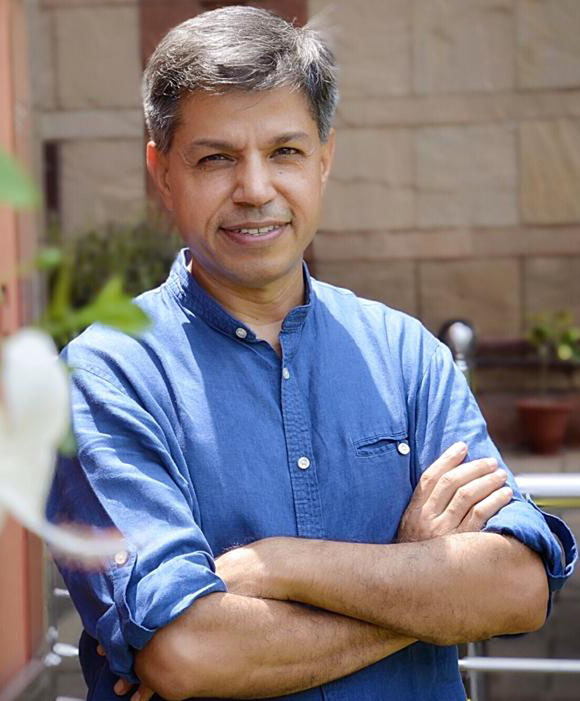
Biography
Dr Shashi Kumar, Group leader, Metabolic Engineering (Biofuels and Industrial Biotechnology), International Centre for Genetic Engineering and Biotechnology (ICGEB) New Delhi from past 10 years. He has worked for a decade at the University of Virginia; University of California Berkeley; USDA-Albany CA, and Yulex Inc. Got several grants from NSF-USA, DBT-India, Reliance Industries Ltd., Chennai Petroleum Chemical Chennai Limited (CPCL), Tata Steel Ltd and scientific awards. Delivered distinguished National and International talks. Actively involved in establishing an Advanced BioEnergy Research Centre at the ICGEB New Delhi with support of Department of Biotechnology, Government of India. His current research focuses on Synthetic biology for terpenoids drugs biosynthesis. Metabolic engineering for enhancing non-allergenic latex and producing sustainable algal biofuel using genome editing tools. His work on antimalarial drug artemisinin in plant and malaria treatment by oral delivery of whole plant cells was highlighted worldwide by newspapers and scientific magazines, Radios, and TVs etc.
Researches :
- Biofuels and Industrial Biotechnology
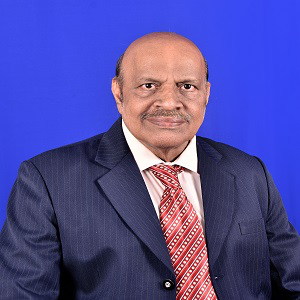
Biography
Prof.Lala Behari Sukla is at present Research Professor & Director in Biofuels and Bioprocessing Research Center (BBRC), Siksha ‘O’ Anusandhan (Deemed to be University), Bhubaneswar. He has worked as Chief Scientist and was heading the Bioresources Engineering Department in CSIR-IMMT, Bhubaneswar, India. He was also Emeritus Scientist, CSIR & Emeritus Professor, AcSIR, New Delhi. He has completed B.Sc.(Engg) and M.Tech. in Engineering from NIT, Rourkela. He has more than 42 years of R&D experience in the area of Bio-mineral Processing , Hydrometallurgy, Algal biotechnology and contributed over 220 papers in International & National Journals in the area of biological science and other related fields.
